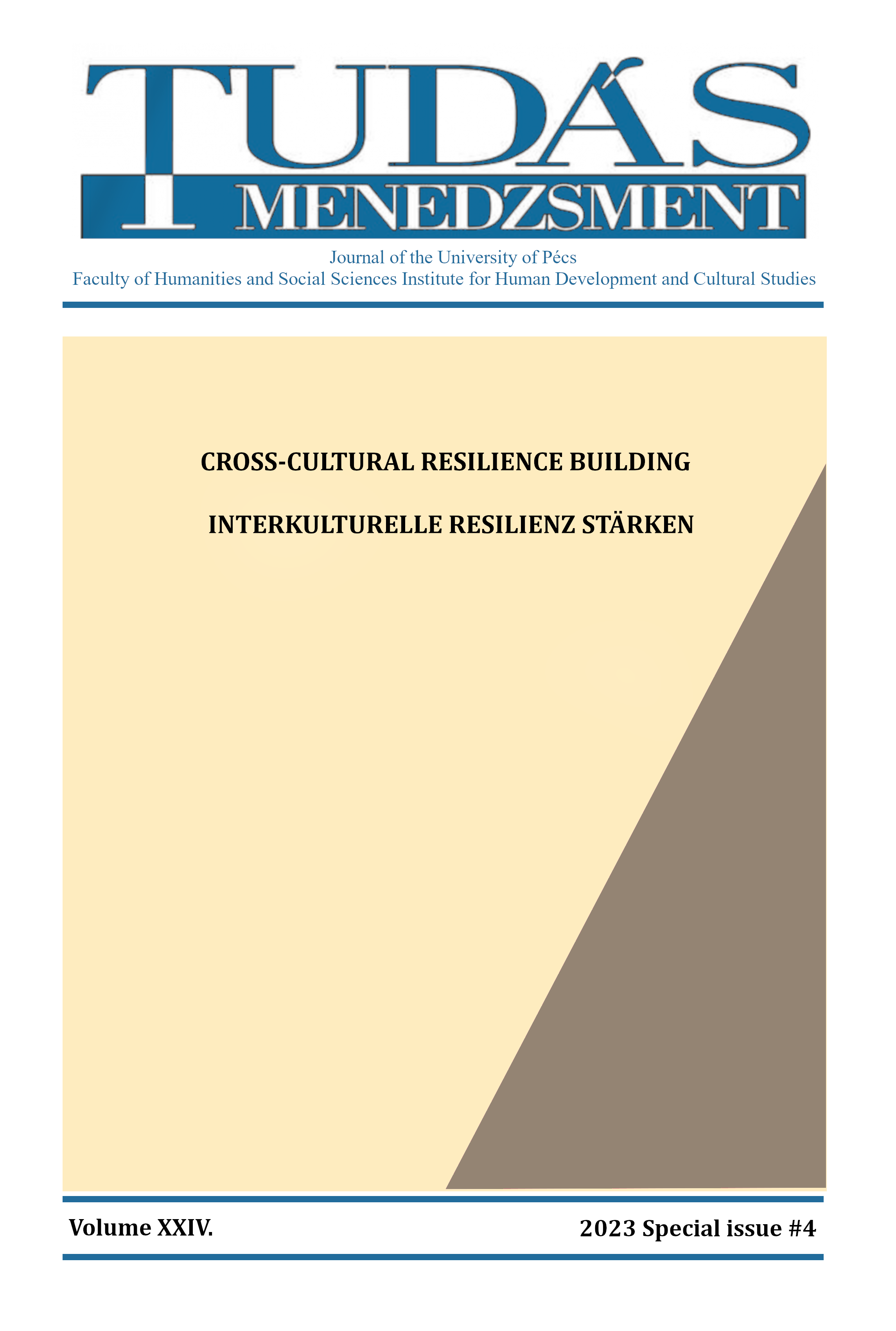Nursing shortage and migration: Insights into the current situation in the Federal State of Saxony, Germany
DOI:
https://doi.org/10.15170/TM.2023.24.K4.3Kulcsszavak:
immigration, racism, nursingAbsztrakt
This paper summarises two qualitative studies that examined the issue of recruiting migrant workers for the healthcare sector in the Federal State of Saxony, Germany. Given the shortage of skilled nursing staff, investigations were conducted to understand the situations and conditions that migrant caregivers are likely to encounter when working in the nursing and care work sectors in Dresden and in the district of Görlitz. These regions were characterised by sparse migrant populations and limited intercultural collaboration at the workplace until 2014/2015, when they witnessed an influx of refugees. To gather relevant data on the issue, problem-focused interviews were conducted with a number of white, German actors engaged in older people's care and in hospitals. A grounded theory-based approach and content analysis were used to analyse the responses. Findings highlighted the presence of racism in exchanges with migrant caregivers. Further, in a field of labour governed by economic constraints, racist practices fostered exclusions, especially when time and human resources were not invested in promoting teamwork. Thus, the working conditions of migrant caregivers can be potentially regarded as precarious, problematic and in need of anti-racist and employee-friendly practices. This work addresses a research gap by examining an issue that is relevant to labour sociology and nursing science in Germany from an anti-racist perspective while analysing specific working conditions. It also offers recommendations for a more promising collaboration that are based on the findings.


